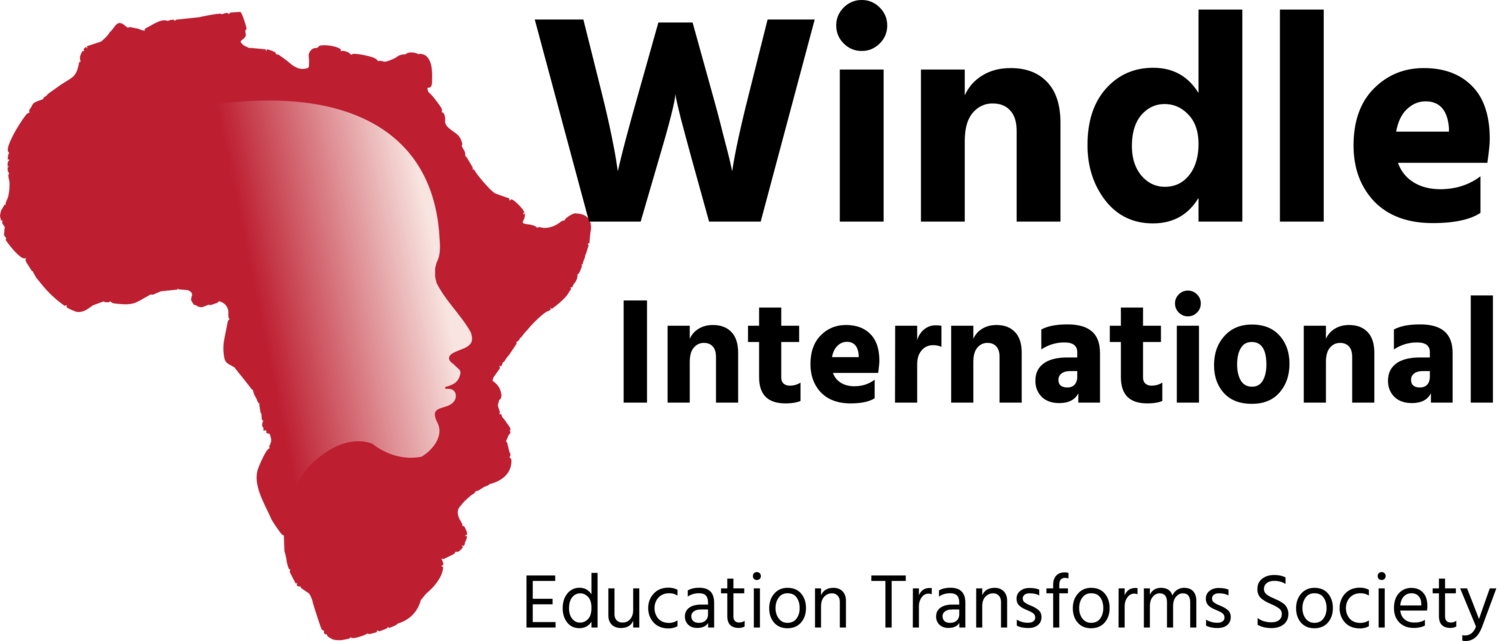Keeping education going in South Sudan
Windle member Windle Trust International is a consortium partner of the Girls Education South Sudan (GESS) project, and plays a key role in the Quality Education component.
Improving access to education has always been a key focus for Windle Trust International (WTI) as part of the GESS project (alongside improving the quality of education in primary and secondary schools), but COVID-19 has brought a new dimension to the challenge. Since the outbreak of COVID-19, WTI has been quick to adapt the delivery of programmes that were originally designed for face-to-face training.
This has been especially true of the Accelerated Secondary Education Programme (ASEP), Intensive English Course (IEC) and primary Accelerated Learning Programme (ALP). The face-to-face lessons are now prepared, scripted and recorded into audio versions, to be stored on devices and sent to learners across the ten states.
WTI has also developed schemes of work for the ALP and ASEP programmes for use by the Ministry of General Education and Instruction in its radio and television learning programme whilst schools across the country are closed.
As David Masua, Executive Director of Windle Trust International, explains: “The radio and TV programmes we’ve created are having a significant impact on students’ ability to continue learning during the pandemic. South Sudan doesn’t have the internet connectivity to scale up digital learning, so we’re making sure remote training can still be provided, using the most appropriate channels.”
Common issues such as overcrowded classrooms mean that students don’t always get the attention they need from overstretched teachers, but the radio and TV broadcasts mean students can have a more tailored experience, as Kuch Ding Ajak, a form 4 student of Arts from Supiri Secondary School, explains: “I have been learning on radio and TV, and it was interesting studying alone as opposed to being in a class of 70 plus. On the radio programme, I was able to call in and ask questions through the number given at the beginning of the lesson – because it’s a toll-free service, it was very helpful to us since we cannot afford airtime. As for the TV programme, the explanation was always clear and I could view and follow the lesson very closely.”
The flexibility of the programming, and the ability to tune in from home, also help to address one of the most common barriers for girls in attending school, which is juggling the responsibilities they have at home with their school work. Akech Wol Ayii from Juba Academy Secondary School: “Although schools are the best places to learn easily because teachers and students are always in touch, the radio and TV classes are an opportunity for students to interact with teachers of other schools who are presenting the programmes. The flexibility means I can also fit my classes around my other responsibilities and commitments, and gives me time to do my own research.
However, there are still challenges to be overcome as we all adapt to providing quality education and increasing access to learning for children in every country Windle operates. For example, students report that whilst the classes work well for subjects like English and History, the practical and visual subjects like Biology, Maths and Chemistry are much harder to follow.
Windle members continue to collaborate closely to share ideas and solutions across our operations.
The GESS programme receives £70 million (GBP) of UK aid from the UK Government and $15 million (CAD) from the Government of Canada through Global Affairs Canada. The Ministry of General Education and Instruction (MoGEI) leads the GESS programme, supported by implementing partners who provide technical advice. GESS is managed by a consortium led by Cambridge Education/Mott MacDonald, including BBC Media Action, Montrose, Leonard Cheshire and Windle Trust International.
